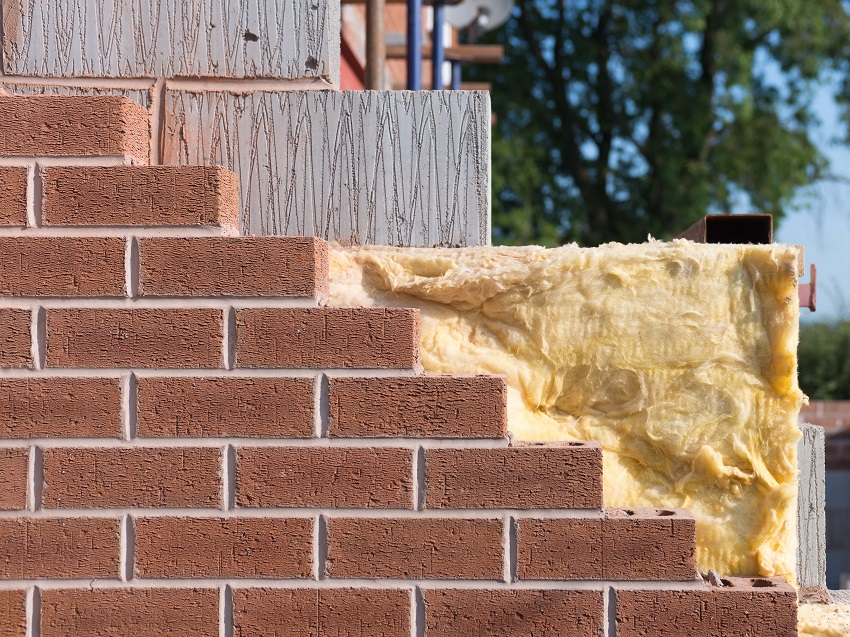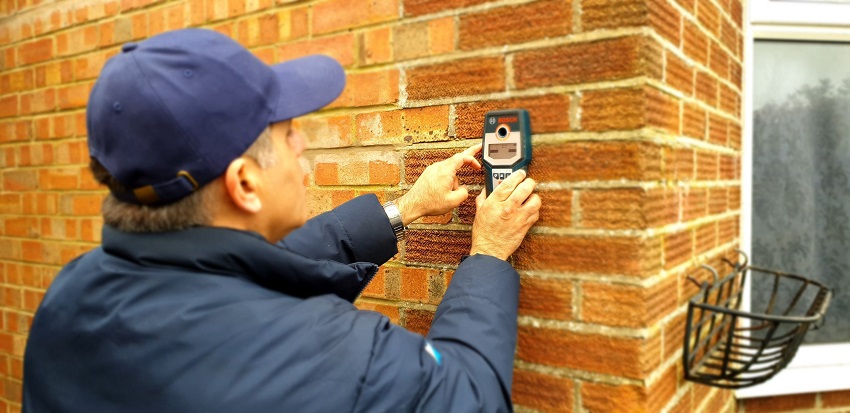
06 Aug What is Cavity Wall Insulation?
If you are a homeowner looking to improve energy efficiency and reduce heating costs, then cavity wall insulation could be the solution you’ve been searching for. Cavity wall insulation is a popular method of insulating properties, but what exactly is it, and how does it work? In this article, we will delve into the world of cavity wall insulation, discussing its benefits, installation process, and why it has become an essential aspect of modern construction. The article is brought to you by Thebinderblog.com.Introduction to Cavity Wall Insulation
Cavity wall insulation refers to the process of filling the gap, or cavity, between the inner and outer walls of a property with insulating material. This insulation serves as a barrier that prevents heat from escaping, thereby maintaining a comfortable and consistent indoor temperature. It is especially valuable during cold seasons when external temperatures drop significantly.
Understanding the Benefits of Cavity Wall Insulation
Increased Energy Efficiency
One of the primary advantages of cavity wall insulation is the significant improvement in energy efficiency. By reducing heat loss through walls, the demand for heating decreases, leading to lower energy consumption and reduced utility bills.
Enhanced Thermal Comfort
Cavity wall insulation ensures a more stable indoor temperature, eliminating cold spots and drafts. This enhances thermal comfort for occupants, making the living space more enjoyable throughout the year.
Environmental Impact
Reducing energy consumption also contributes to a decreased carbon footprint, benefiting the environment by lowering greenhouse gas emissions.
Condensation Control
Cavity wall insulation acts as a moisture barrier, preventing condensation from forming on interior walls. This helps to maintain a healthier indoor environment and reduces the risk of mold growth.
Types of Cavity Wall Insulation
Foam Insulation
Foam insulation involves injecting expanding foam into the cavity, effectively filling all gaps and creating an airtight seal. This type of insulation is highly effective and provides excellent thermal performance.
Mineral Wool Insulation
Mineral wool insulation consists of rock or glass fibers, which are blown into the cavity to create an insulating layer. This method is eco-friendly and provides good thermal and acoustic insulation properties.
Bead Insulation
Bead insulation utilizes small polystyrene beads that are blown into the cavity. They interlock, forming an insulating barrier. This type of insulation is particularly useful for hard-to-reach areas.
The Cavity Wall Insulation Process
Initial Survey
Before installing cavity wall insulation, a professional surveyor will inspect the property to assess its suitability. They will check for existing insulation, cavity width, and any potential issues that need addressing.
Preparing the Property
The installation team will prepare the property by drilling small holes in the outer walls. These holes serve as access points for the insulation material.
Injecting the Insulation
Using specialized equipment, the insulation material is injected into the cavity through the drilled holes. The process is quick and minimally disruptive.
Sealing the Holes
Once the cavity is filled, the drilled holes are sealed with matching mortar, leaving the exterior of the property aesthetically unchanged.
Cost and Savings
The cost of cavity wall insulation varies depending on the type of insulation used and the size of the property. However, the upfront investment is often recouped through energy savings within a few years.
Is Cavity Wall Insulation Suitable for Your Home?
Cavity wall insulation is not suitable for all properties. Homes with certain construction materials, existing issues, or narrow cavities may not be eligible for this type of insulation. It is essential to consult a professional surveyor to determine suitability.
In conclusion, cavity wall insulation is an effective and cost-efficient way to improve energy efficiency, increase thermal comfort, and reduce environmental impact. By understanding the benefits and installation process, homeowners can make informed decisions to create more energy-efficient and comfortable living spaces.
FAQs
How long does cavity wall insulation last?
Cavity wall insulation can last for several decades, with most installations having a life span of 40 to 50 years or more.
Can I install cavity wall insulation myself?
Cavity wall insulation should only be installed by trained professionals to ensure proper insulation and avoid potential issues.
Will cavity wall insulation make my home too hot in the summer?
No, cavity wall insulation helps regulate indoor temperatures, keeping homes cooler in summer and warmer in winter.
Is cavity wall insulation safe for the environment?
Yes, most cavity wall insulation materials are eco-friendly and do not pose a threat to the environment.
Will cavity wall insulation reduce noise transmission?
Yes, cavity wall insulation can improve acoustic insulation, reducing noise transmission from outside sources.

Sorry, the comment form is closed at this time.